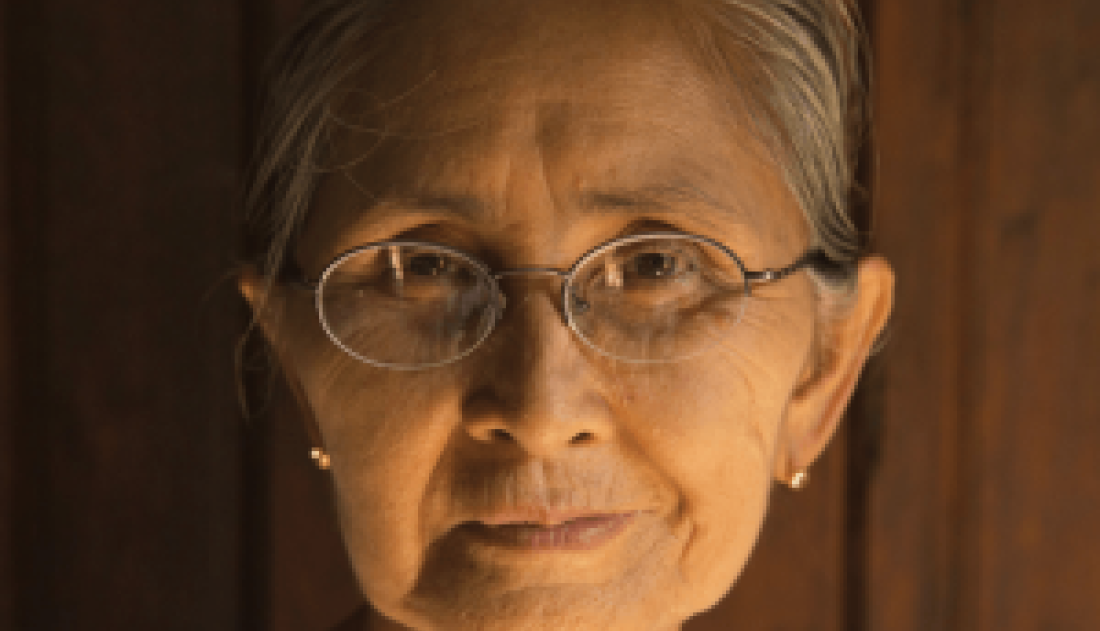
The 2030 Agenda for Sustainable Development sets out a universal plan of action to achieve sustainable development in a balanced manner and seeks to realize the human rights of all people. It calls for leaving no one behind and for ensuring that the Sustainable Development Goals (SDGs) are met for all segments of society, at all ages, with a particular focus on the most vulnerable—including older persons.
Preparing for an ageing population is vital to the achievement of the integrated 2030 Agenda, with ageing cutting across the goals on poverty eradication, good health, gender equality, economic growth and decent work, reduced inequalities and sustainable cities.
Therefore, while it is essential to address the exclusion and vulnerability of—and intersectional discrimination against—many older persons in the implementation of the new agenda, it is even more important to go beyond treating older persons as a vulnerable group. Older persons must be recognized as the active agents of societal development in order to achieve truly transformative, inclusive and sustainable development outcomes.
The current brief acknowledges the importance of a life-course approach to ageing and calls for protecting and promoting the rights of older persons in the implementation of the 2030 Agenda.
 Welcome to the United Nations
Welcome to the United Nations


